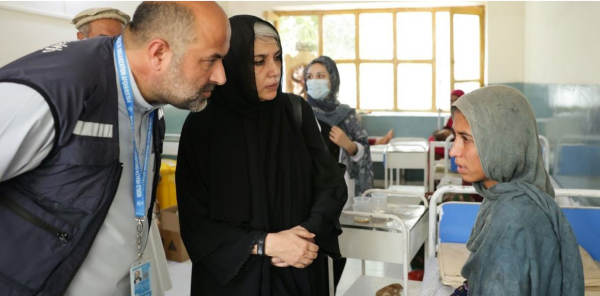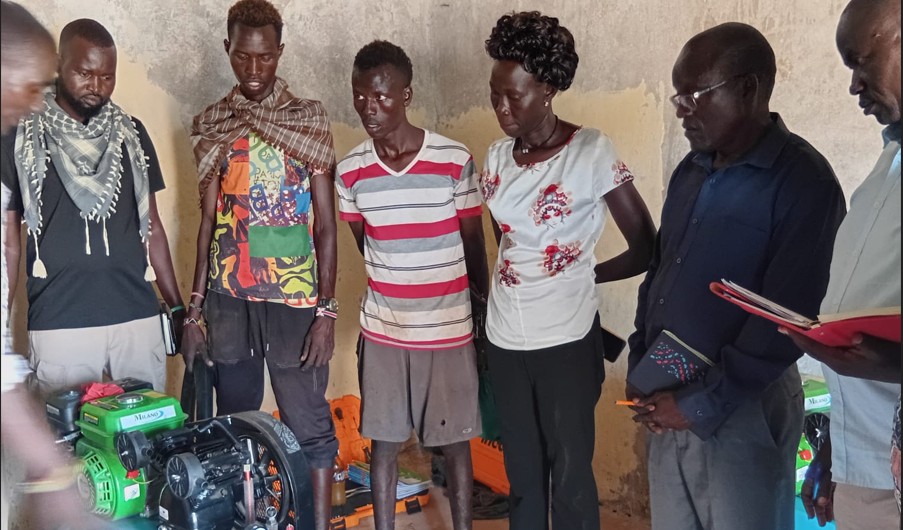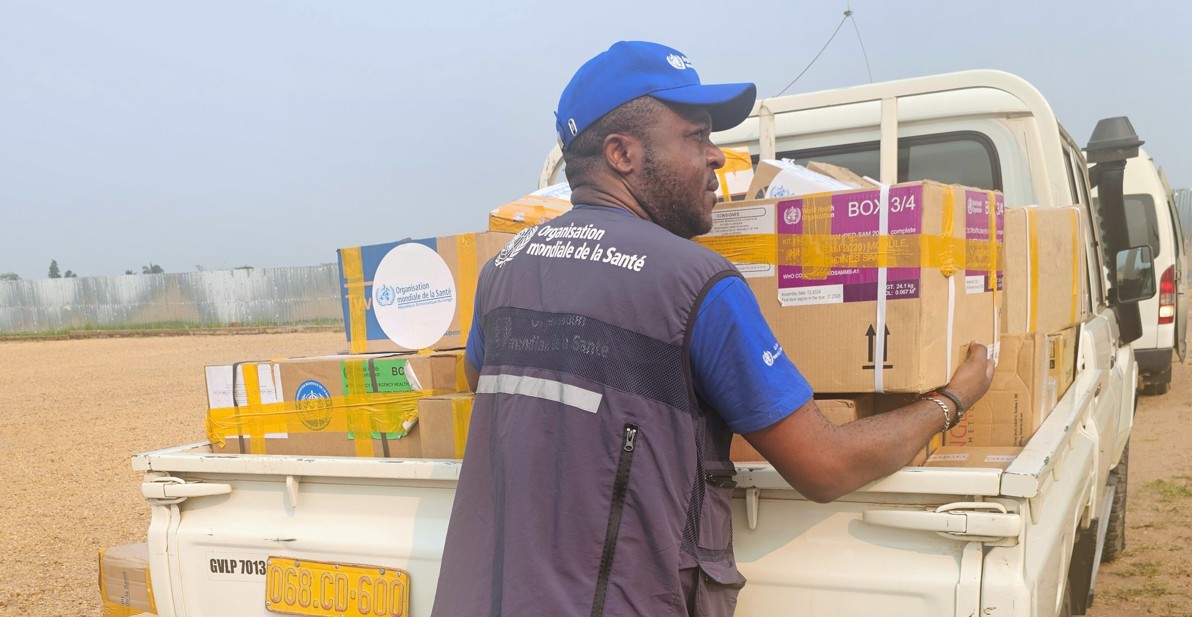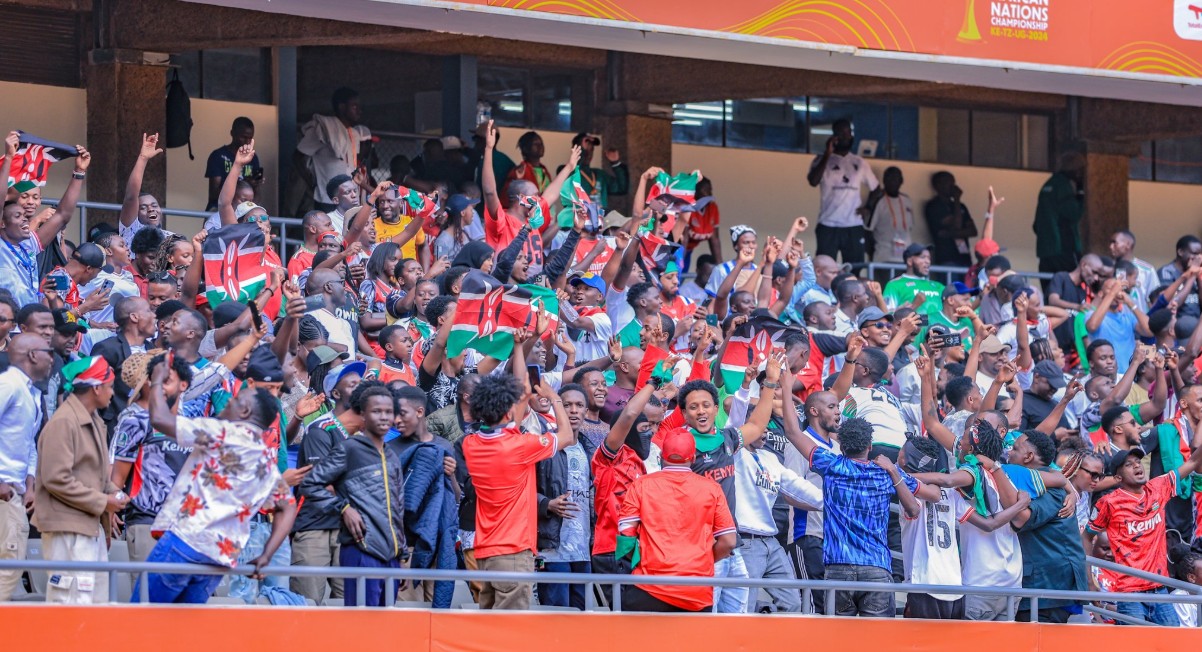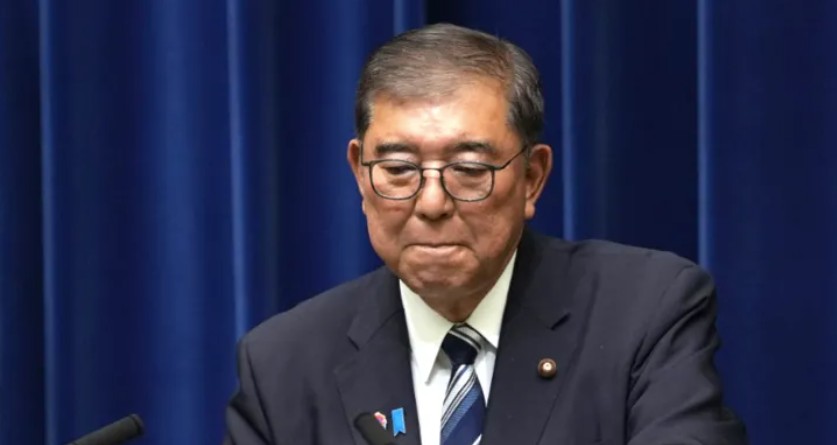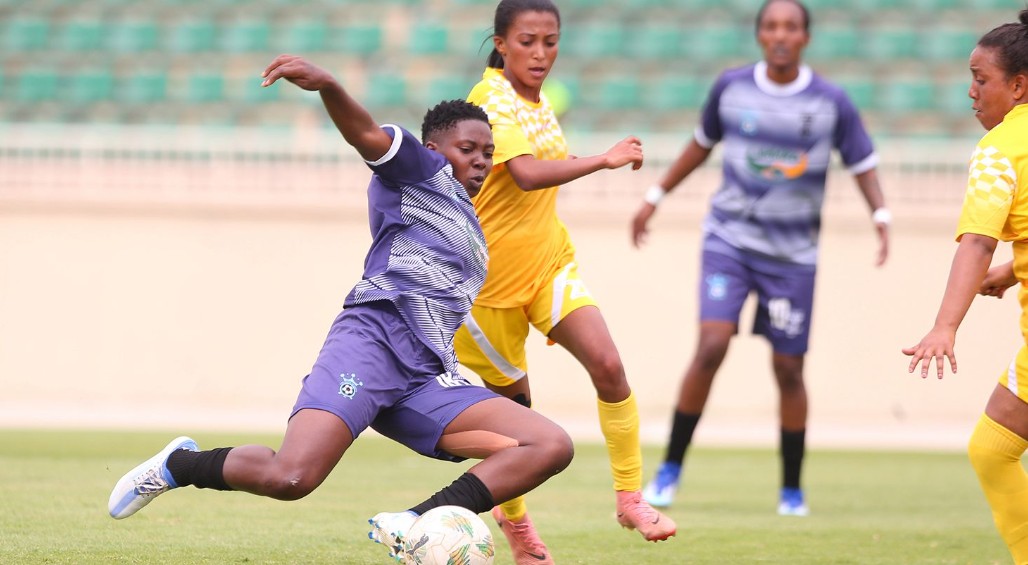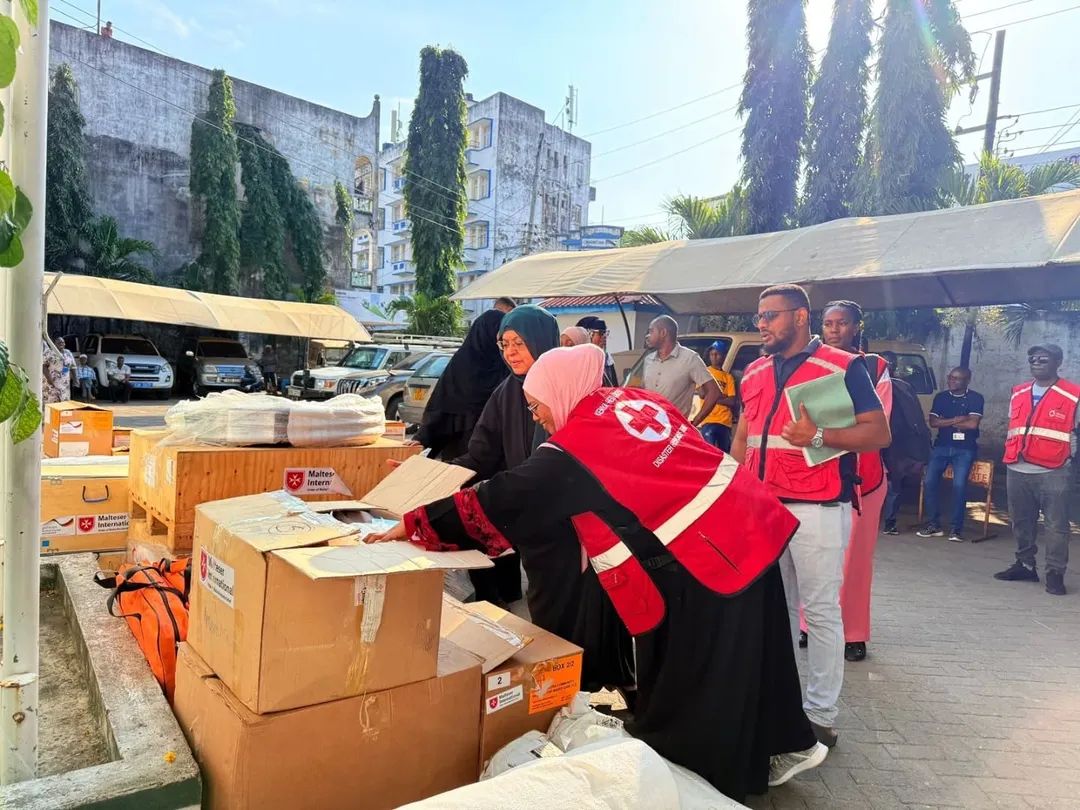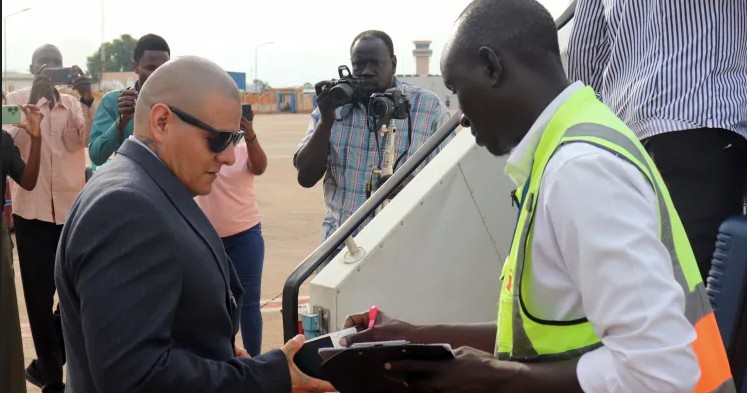Kenya commits to global declaration on disability inclusion
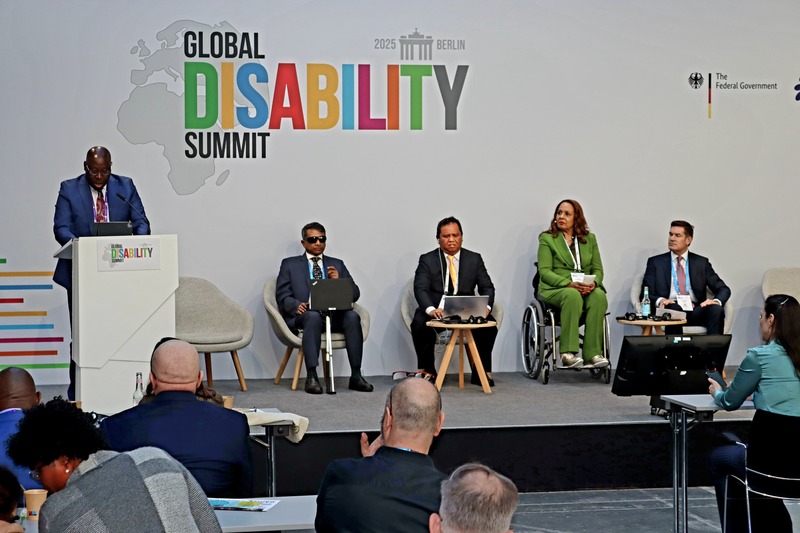
Kenya signed the Amman-Berlin Declaration during the Global Disability Summit 2025, held in Nairobi on Friday.
The clamour by persons living with disabilities in Kenya for greater inclusion has received a major boost after the government pledged its commitment to the effective implementation of an international declaration championing their rights.
Kenya has expressed its support for and commitment to implementing the aspirations of the Amman-Berlin Declaration on Global Disability Inclusion.
More To Read
- Senators grill Mombasa governor over poor accessibility to public buildings for PWDs
- Government warns against fake ‘Inua Jamii Foundation Empowerment’ online scam
- Local authorities fund faces Senate scrutiny over staff ethnic makeup, disability inclusion gaps
- Government releases Sh3.52bn for Inua Jamii payout to 1.7 million vulnerable Kenyans
- Labour Ministry under fire as woman with invisible disabilities says she’s been denied work for 10 years
- Symbolism over true actions: Why Kenya's disability inclusion progress stagnates
Principal Secretary for Social Protection, Joseph Motari, said the declaration marks a critical step forward in ensuring the full inclusion and empowerment of persons with disabilities, both in Kenya and globally.
“We firmly believe that a world where persons with disabilities are fully included in society is a world that benefits us all,” Motari said.
Kenya signed the Amman-Berlin Declaration during the Global Disability Summit 2025, held in Nairobi on Friday.
Motari described the declaration as a comprehensive global commitment that calls for the integration of disability inclusion across all areas of development—education, healthcare, employment, and social participation.
“By endorsing this declaration, Kenya reaffirms its dedication to advancing the rights and opportunities of persons with disabilities,” he said.
He further noted that the declaration aligns with Kenya’s national values of equality, dignity, and non-discrimination, as well as constitutional obligations—particularly Article 54 of the Constitution, which guarantees the rights of persons with disabilities.
“One of the most significant aspects of the declaration is the inclusion of a target to ensure that at least 15 per cent of all international cooperation development programmes are directly focused on persons with disabilities,” Motari said.
He stated that this is a commitment Kenya is proud to support, as it believes it will improve the quality of life for persons with disabilities and ensure they are not left behind in critical development initiatives.
This 15 per cent target, he added, offers the clarity and accountability needed to ensure that disability inclusion is prioritised and adequately resourced.
Motari emphasised that the reforms are essential to guaranteeing equal access to opportunities for all citizens, including those with disabilities.
“The commitment to meeting the 15 per cent target will help address the systemic barriers that persons with disabilities often face, creating pathways for their full participation in society,” he said.
The Amman-Berlin Declaration on Global Disability Inclusion is expected to be one of the most significant outcomes of the Global Disability Summit 2025. It contains strong commitments to disability-inclusive international development cooperation and humanitarian action.
The declaration also highlights the importance of meaningful engagement with organisations of persons with disabilities (OPDs) and aims to foster impactful partnerships globally.
Both local and international advocacy groups for persons with disabilities have welcomed Kenya’s adoption of the declaration.
For example, the Commonwealth Disabled People’s Forum voiced its strong support, while also raising concerns about recent international aid cuts.
The forum expressed alarm that budget reductions by USAID following the election of President Trump had led to widespread cutbacks in vital disability programmes across 134 countries.
“Overseas aid cutbacks are also happening in Germany, France, the United Kingdom, the Netherlands, Belgium, and other donor countries,” the forum noted.
“Trump’s approach breaks with over 70 years of rules-based and equity-driven cooperation, and is deeply incompatible with a disability rights approach.”
Top Stories Today
